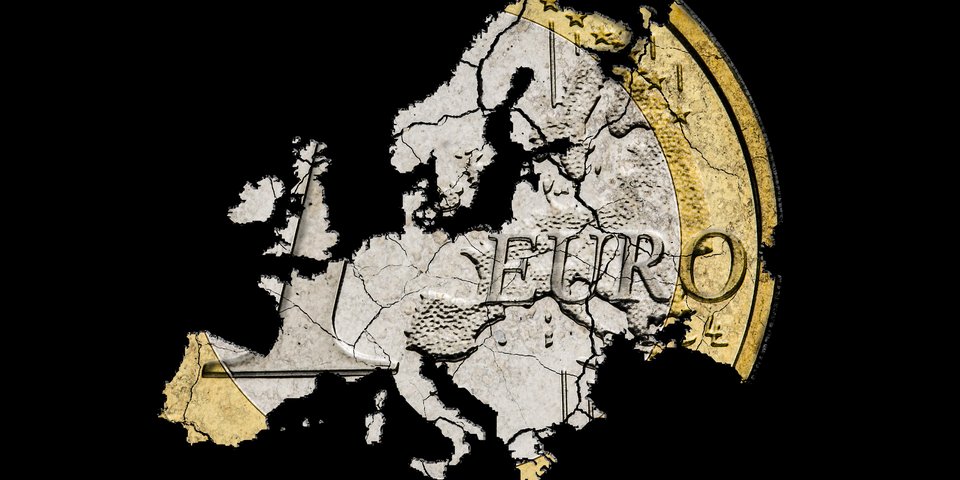 iStockphoto/martinwimmer
iStockphoto/martinwimmerDiscussion over IMF involvement in austerity measures
As a result of unauthorised measures by the Greek government, international creditors are stopping their debt relief programmes. Further involvement by the IMF is as uncertain as the validity of the statistics provided by Greece.
GD/AD – 01/2017
Still in debt to the tune of trillions
At present, only scant news about the financial situation in Greece is reaching the public. For a good year and a half, the general discussion on national debt and the euro crisis has taken a back seat to the refugee crisis and migration issues. There are already occasional reports that talk seriously about the “former” euro crisis. It is almost as if the trillions in debt carried by European countries has dissipated in a few months. Greece remains the centre of attention, although it is hardly the most dangerous focal point for the Eurozone as a whole because of its lack of size. Even in December 2016, there was clearly a mood of crisis. Creditors denied Athens’ requests for further debt relief after numerous austerity measures were actively ignored or simply “overlooked” by the Syriza government.
“One-off bonus” for pensioners
The “one-off bonus” was a means for Alexis Tsipras to improve his damaged image and, at the same time, was a populist move to stand up to the hated austerity measures imposed by the creditors. However, in Greece’s financial chaos there was no economic basis for the decision. Creditors reacted by suspending relief as per the terms of the bailout. As reported by EurActiv, formal decisions regarding relief through the European Stability Mechanism (ESM) and the temporarily established European Financial Stability Facility (EFSF) were also put on hold. A detailed examination of Greece’s behaviour should clearly establish the conformity of the government’s expenditure.
Further involvement of the IMF is uncertain
According to recent reports, further involvement by the International Monetary Fund (IMF) in securing the financial survival of the bankrupt country is uncertain. As reported by EurActiv, SPD financial expert and Member of the German Bundestag, Carsten Schneider, sees no compelling need for the IMF to be actively involved as a creditor, but rather as an assessment institution. Greece would prefer to continue without the IMF, because it has long seen the IMF’s strict, formal assessments as disruptive. Conservative politicians and several economists view the IMF’s involvement as a means of having independent and apolitical assessments which make it more likely that Greece will keep to the conditions stipulated in the bailout programme.
Statistics satisfy political wishes
In the event that the IMF withdraws, Germany’s Federal Minister of Finance, Wolfgang Schäuble, still sees an opportunity to improve the strict binding nature of the bailout agreement “in other ways” including his own “European” ideas. This contrasts starkly with Greece’s attitude which has long been to deviate from the promised austerity measures as part of the country’s internal policy for “exceptional cases”; thus, allowing funds, which do not actually exist, to be used for the refugee crisis or the Christmas bonus for pensioners. According to observers, statistics are continuing to be adjusted to fit the country’s own wishes.
